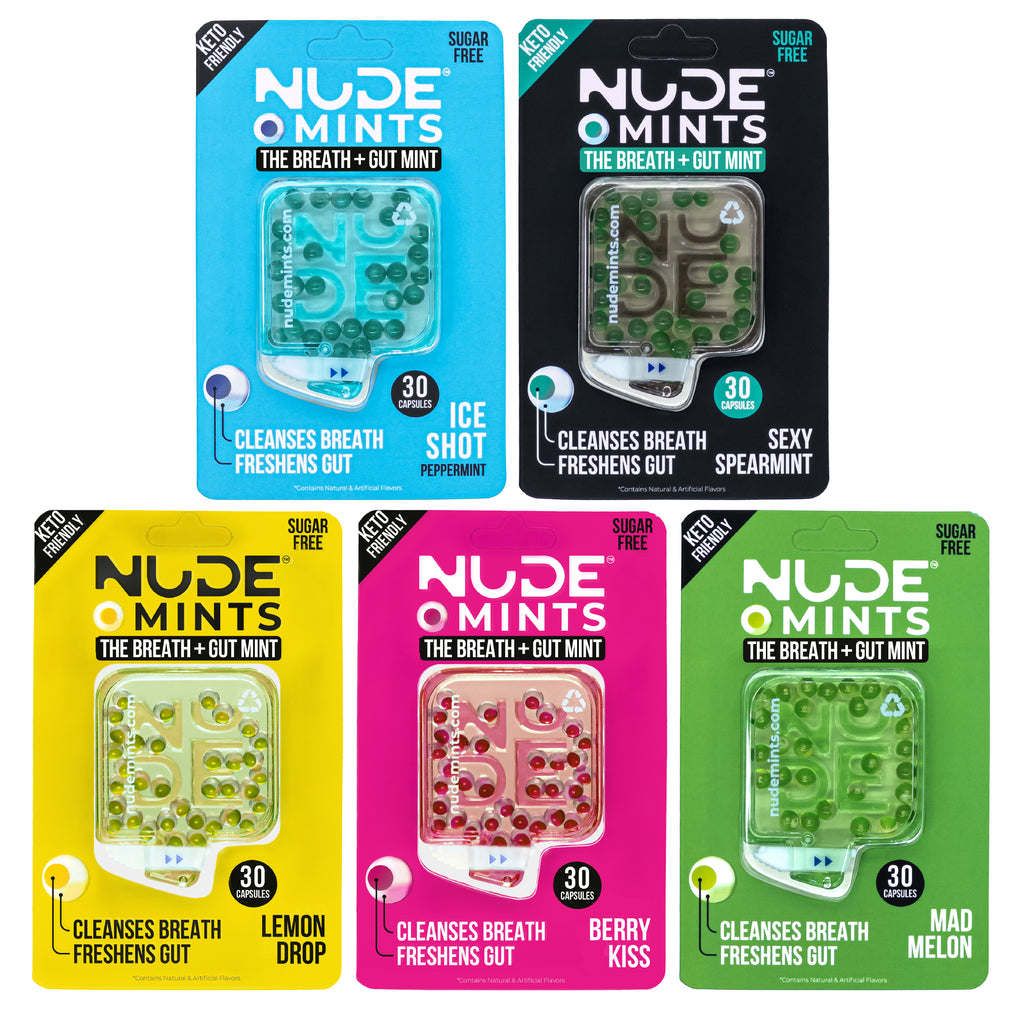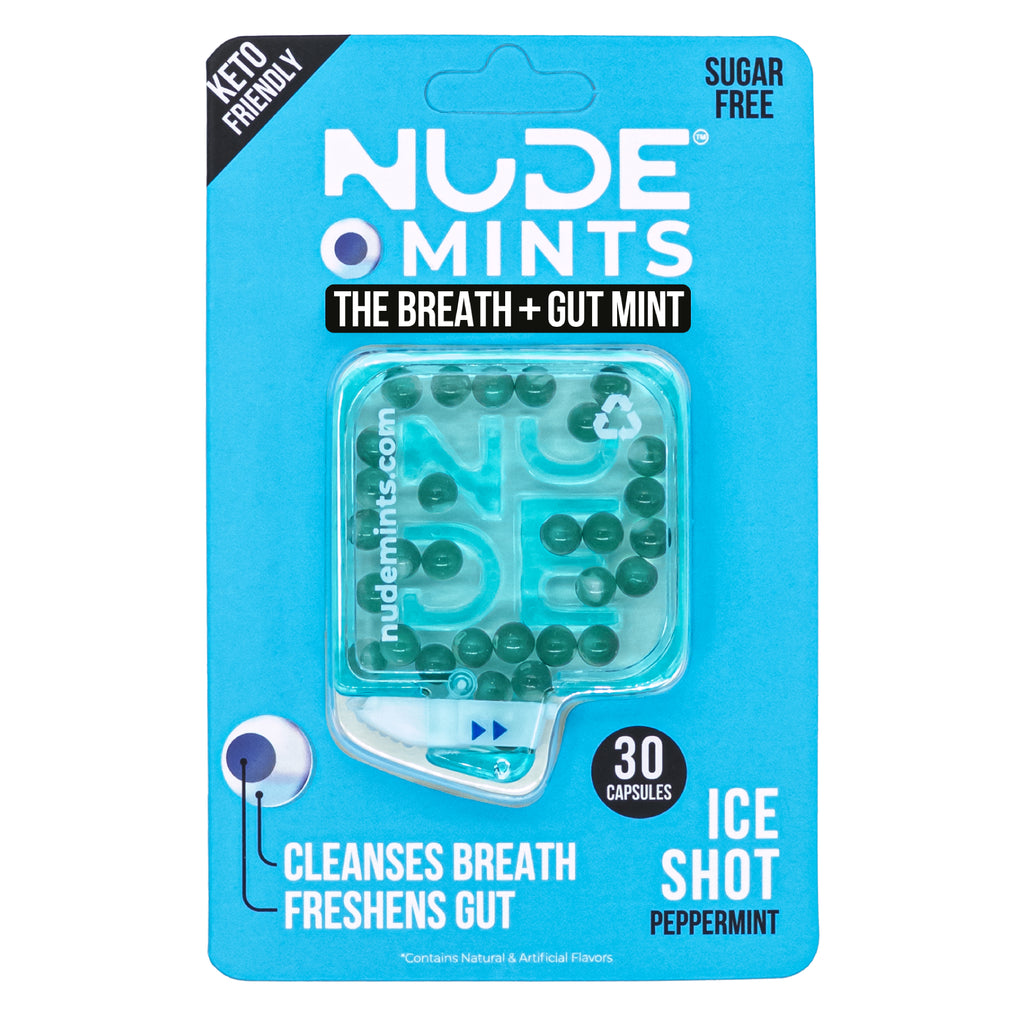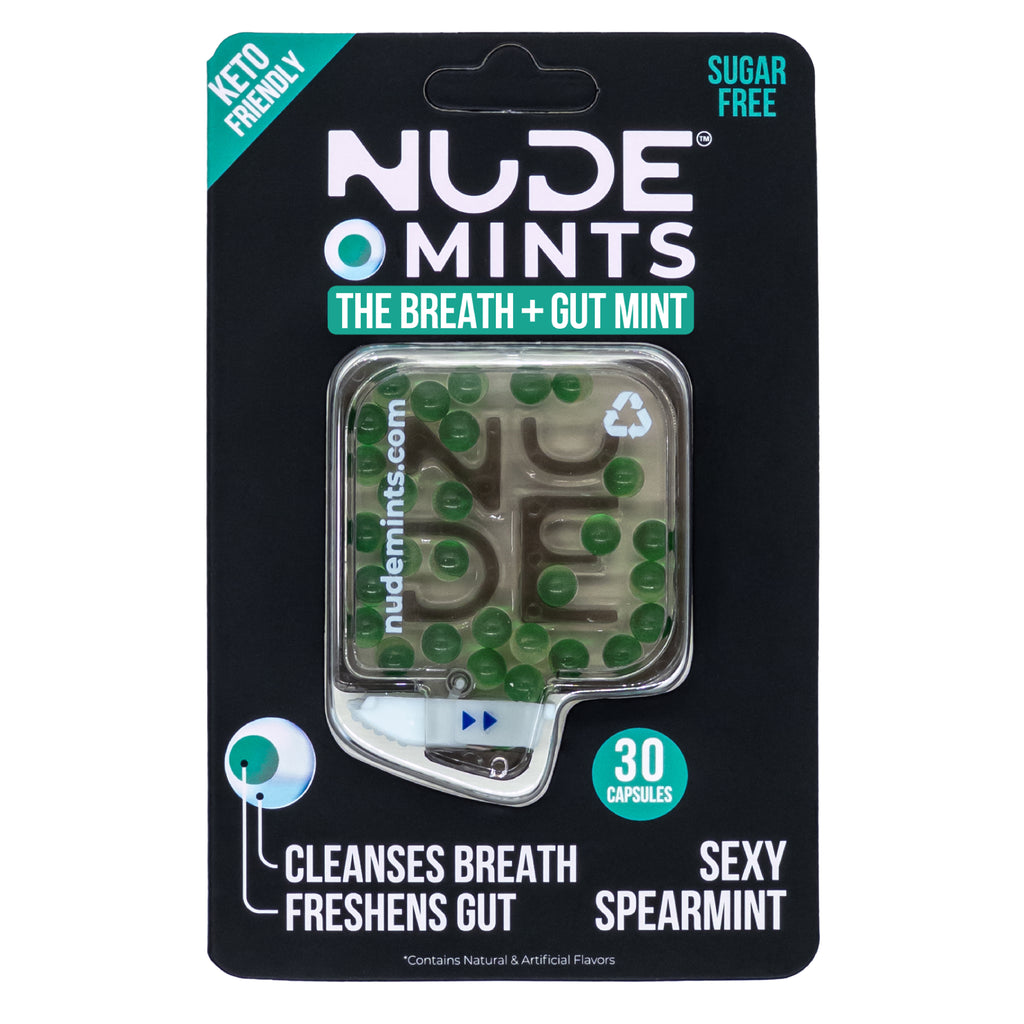Smelly Burps from Carbonated Drinks: Causes and Solutions
-
Carbonated drinks have been a popular choice for many people for many years. They are usually refreshing, and they give a good sensation when we drink them. However, some people have noticed that after drinking carbonated drinks, they get smelly burps. This article will explore the science behind carbonated drinks, why they can cause smelly burps, and how you can reduce this problem.
What are Carbonated Drinks?
Carbonated drinks are beverages that have carbon dioxide dissolved in them. The carbon dioxide gas is what gives these drinks their bubbles and fizz. Common examples of carbonated drinks include soda, sparkling water, beer, and champagne.
How do Carbonated Drinks Affect the Body?
When we drink carbonated drinks, the carbon dioxide gas enters our stomachs. This gas can create pressure in the stomach, causing the stomach to expand. This pressure can also cause the esophageal sphincter, a muscle at the base of the esophagus, to relax, allowing the gas to escape back up through the esophagus and out of the mouth.
Why Do Carbonated Drinks Cause Smelly Burps?
When carbonated drinks are consumed, they release gas in the stomach, which can cause the stomach to become more acidic. This increase in acidity can create an ideal environment for the growth of bacteria that produce gases such as hydrogen sulfide and methane, which can result in smelly burps. Additionally, the high sugar content in many carbonated drinks can also contribute to the growth of bacteria and cause bad breath.
How to Reduce Smelly Burps Caused by Carbonated Drinks
There are a few ways to reduce the likelihood of getting smelly burps after drinking carbonated drinks:
- Limit Your Intake
Reducing your intake of carbonated drinks can help reduce the likelihood of getting smelly burps. Try to drink these beverages in moderation or consider switching to non-carbonated alternatives.
- Drink Slowly
Drinking carbonated drinks slowly can help reduce the amount of gas that enters your stomach. This can also help prevent your stomach from becoming too acidic, reducing the likelihood of smelly burps.
- Drink with Food
Drinking carbonated drinks with food can help reduce the amount of gas that is released in the stomach. Food helps to slow down the rate at which the stomach empties, which can reduce the amount of gas that is released.
- Use Breath Mints or Chewing Gum
Using breath mints or chewing gum can help freshen your breath and reduce the likelihood of smelly burps. These products can also stimulate the production of saliva, which can help neutralize the acid in your stomach and reduce the likelihood of smelly burps.
Conclusion
Carbonated drinks are a popular choice for many people, but they can cause smelly burps. The carbon dioxide gas in these drinks can create pressure in the stomach, leading to the relaxation of the esophageal sphincter and the release of gas back up through the esophagus and out of the mouth. To reduce this problem, it is recommended to drink in moderation, drink slowly, drink with food, and use breath freshening products such as Nude Mints. By following these tips, you can enjoy carbonated drinks without the embarrassment of smelly burps.
FAQs
Q1. Are there any health risks associated with drinking carbonated drinks?
While drinking carbonated drinks in moderation is generally safe for most people, excessive consumption can increase the risk of dental decay, weight gain, and bone fractures.
Q2. Can carbonated drinks cause heartburn?
Yes, carbonated drinks can contribute to the development of heartburn. The carbon dioxide gas in these drinks can create pressure in the stomach, leading to the relaxation of the esophageal sphincter and the release of stomach acid back up through the esophagus, causing a burning sensation in the chest.
Q3. Are there any non-carbonated alternatives to these drinks?
Yes, there are many non-carbonated alternatives to these drinks, such as still water, herbal tea, and fruit juices.
Q4. Can drinking carbonated drinks with a straw reduce the likelihood of smelly burps?
Drinking carbonated drinks with a straw may reduce the amount of gas that enters the stomach, but it may not completely eliminate the problem of smelly burps.
Say goodbye to smelly burps with Nude Mints! Try them now and experience fresh breath after
consuming carbonated drinks. Click here to order your pack today!
Get the freshest news on your favorite mouth cleanser and gut freshener!
Read More
-
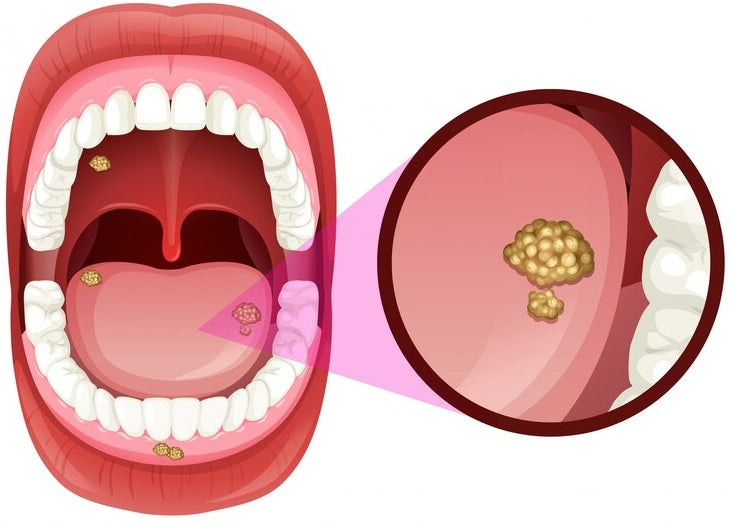
Halitosis: Understanding the Causes, Diagnosis, and Treatment for Fresh Breath
Halitosis, commonly known as bad breath, is a condition that affects a large number of people worldwide. It can be an embarrassing and isolating experience, but it is important to know that it is a common problem and that there are effective treatments available. In this article, we will discuss the causes, diagnosis, and treatment of halitosis. Causes of Halitosis Halitosis can have several causes, both internal and external. The most common causes include poor oral hygiene, dry mouth, certain foods and drinks, smoking, and certain medical conditions. Poor Oral Hygiene Poor oral hygiene is the most common cause of halitosis. When food particles and bacteria build up in the mouth, they can cause an unpleasant odor. Brushing and flossing...
-
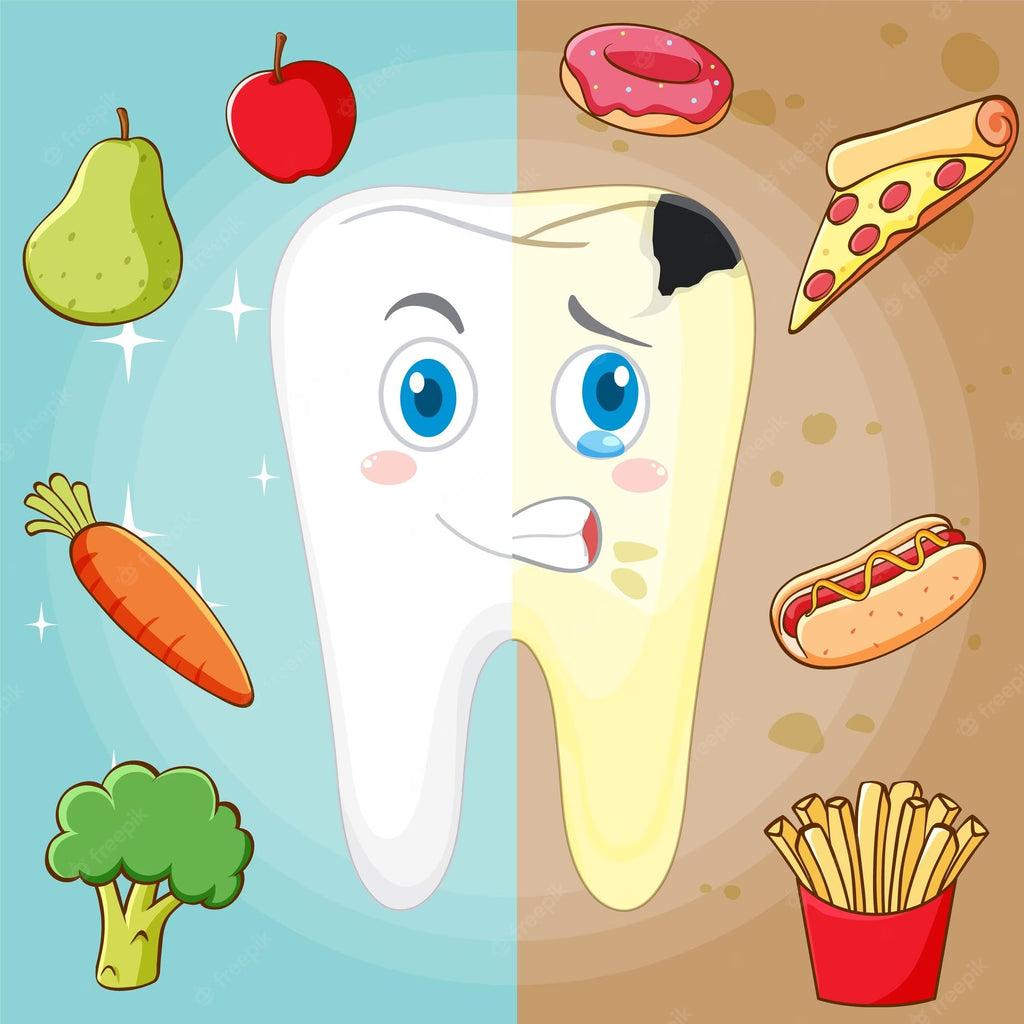
Crucial Connection Between Nutrition and Oral Health: Guide for Better Dental Care
As a dental health professional, we understand the importance of maintaining good oral hygiene to prevent cavities and gum disease. Brushing twice a day and flossing daily are essential habits, but did you know that nutrition also plays a crucial role in keeping your mouth healthy? In this article, we will explore the connection between nutrition and oral health and how you can make better food choices to support your dental health. How Nutrition Affects Oral Health Your diet can impact your oral health in many ways. A diet high in sugary and acidic foods can increase the risk of tooth decay and gum disease. When you eat sugary foods, the bacteria in your mouth feed on the sugar and...
-
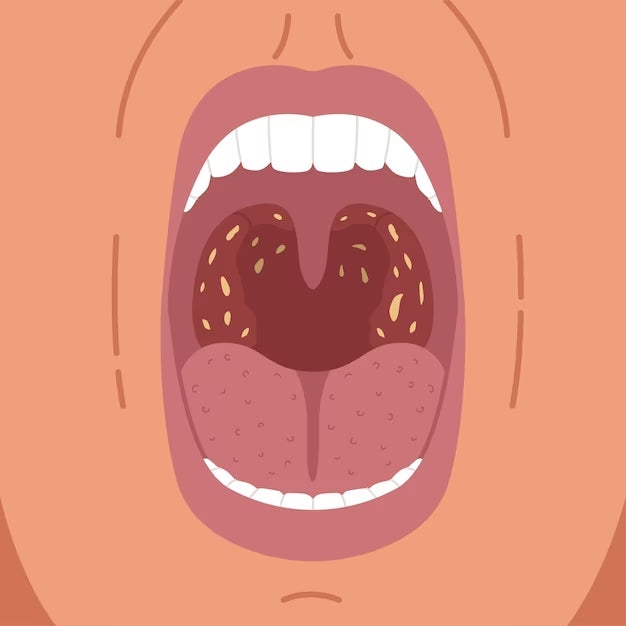
How to Treat Bad Breath Caused by Dry Mouth
Do you ever feel self-conscious about your breath? Do people avoid talking to you because of bad breath? Dry mouth, also known as xerostomia, can cause bad breath and make social interactions uncomfortable. In this article, we will discuss what causes dry mouth, how it leads to bad breath, and what you can do to treat it. Table of Contents What is dry mouth? Causes of dry mouth How dry mouth causes bad breath Signs and symptoms of dry mouth Diagnosis of dry mouth Treating dry mouth Home remedies for dry mouth Professional treatments for dry mouth Tips for maintaining oral hygiene Foods and drinks to avoid with dry mouth Conclusion FAQs What is dry mouth? Dry mouth occurs when...
-
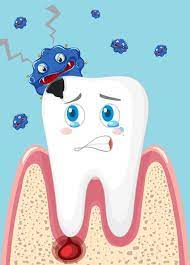
The Relationship Between Diabetes and Gum Disease: Understanding the Link
Diabetes and gum disease are two conditions that may seem unrelated, but research has shown that they are actually closely linked. In fact, individuals with diabetes are more likely to develop gum disease, and those with gum disease are more likely to have difficulty controlling their blood sugar levels. This article will explore the connection between diabetes and gum disease, and provide insights on how you can reduce your risk of developing both. The Relationship Between Diabetes and Gum Disease Diabetes is a condition that affects the body's ability to produce or respond to insulin, a hormone that regulates blood sugar levels. When blood sugar levels are consistently high, it can lead to a range of health complications, including nerve...
